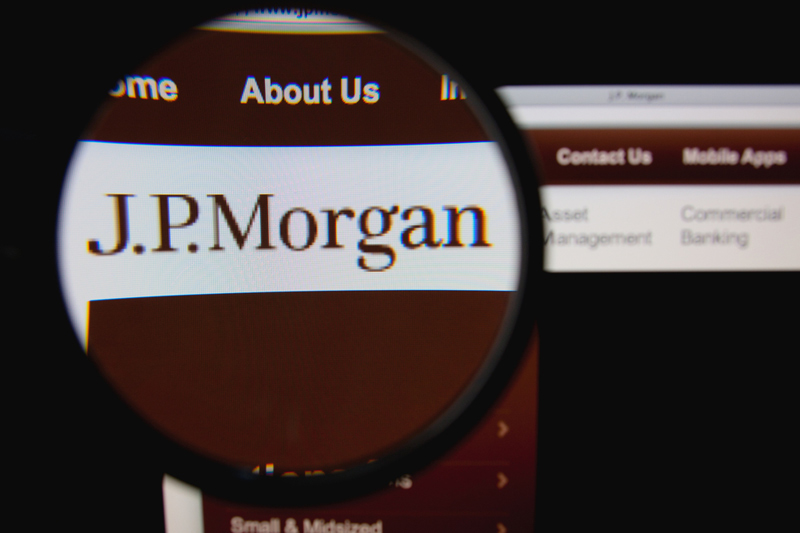This post was originally published on this site
https://i-invdn-com.investing.com/trkd-images/LYNXMPEJ1G0EP_L.jpg
(Reuters) – Debt-stricken companies seeking to buy themselves time for a turnaround will find it hard to emulate Bed Bath & Beyond Inc (NASDAQ:BBBY)’s unusual stock sale that staved off bankruptcy, legal and corporate finance experts say.
The U.S. home goods retailer stunned Wall Street by clinching a deal last week to sell preferred convertible stock and warrants to hedge fund Hudson (NYSE:HUD)’s Bay Capital Management and other investors that delivered it a $225 million cash infusion and future payments, tied to financial performance milestones, that could add up to slightly over $1 billion.
The investment spared Bed Bath from what it had said was “likely” bankruptcy, after it received a notice of default last month from JPMorgan Chase & Co (NYSE:JPM) pertaining to credit lines totaling $1.5 billion, amid a drop in the value of the company’s inventory.
It’s unclear whether Bed Bath can capitalize on the breathing room to turn around its business, which has been battered by competition from other online and brick-and-mortar retailers.
But the deal with Hudson’s Bay has raised the question of whether other companies in financial distress, such as telecommunications equipment provider Avaya Holdings (NYSE:AVYA) Corp and discount retailer Tuesday Morning (OTC:TUESQ) Corp that filed for bankruptcy this week, could deploy similar financial engineering to stay afloat.
Six legal and corporate finance experts interviewed by Reuters said it will be challenging for other companies to structure similar life-extending deals, because it was Bed Bath’s popularity with so-called meme stock investors that limited the potential risks for Hudson’s Bay.
Meme stocks are shares that individual investors often trade based on social media posts rather than an analysis of a company’s finances.
“Not all companies are meme stocks, so this strategy might not work for other distressed companies,” said Marcel Kahan, law professor at NYU School of Law.
A spokesperson for Hudson’s Bay declined to comment, while Bed Bath & Beyond did not respond to requests for comment.
To secure the Hudson’s Bay investment, Bed Bath offered a deal that guarantees the hedge fund a lucrative return in most circumstances. Hudson’s Bay can convert the preferred stock and warrants it got from Bed Bath to common stock at a roughly 20% discount, based on a pre-agreed formula that looks at the last ten trading days for Bed Bath’s stock.
Hudson’s Bay will get this discount as long as the stock trades above 71.6 cents, according to the terms of the agreement. Bed Bath shares are currently hovering around $1.80, and its popularity with meme-stock investors makes it less likely that they will drop below the 71.6-cent floor, the experts said.
To pull off such a deal, other troubled companies would have to convince investors that they enjoy a similar meme-stock status, the experts added.
DILUTIVE DEAL
Hudson’s Bay investment comes with risks that other hedge funds may not be willing to take. Hudson’s Bay has committed Bed Bath contractually to buying back the preferred shares at a 15% premium in the event of a bankruptcy, yet this protection may prove worthless if Bed Bath runs out of money again, the experts said.
Credit ratings agency Fitch senior director David Silverman said few investors would go for such deals. “It was a surprise that someone was even willing to write a $200 million-odd check to invest in Bed Bath’s equity,” he said.
It is not clear how much of the stock Hudson’s Bay has converted and sold since it inked the deal with Bed Bath on Feb. 6.
The deal is very dilutive for other Bed Bath investors, who will end up owning 80% less if the company survives. Most bankruptcies end with the equity of investors in a company wiped out, so Bed Bath was able to justify the deal to investors as a last-ditch effort to spare them from total loss.
Seth Basham, a Wedbush Securities analyst who had a $0 target on Bed Bath’s stock before raising it to $0.25 on the Hudson’s Bay deal news, said that all the retailer has accomplished is buying itself some time to turn its business around against the odds. The company has been rolling out store closures in a last-ditch bid to return to profitability.
“They are on a wing and a prayer that there will be much value created for the common shares as they would need to far exceed their turnaround plan,” said Basham.

